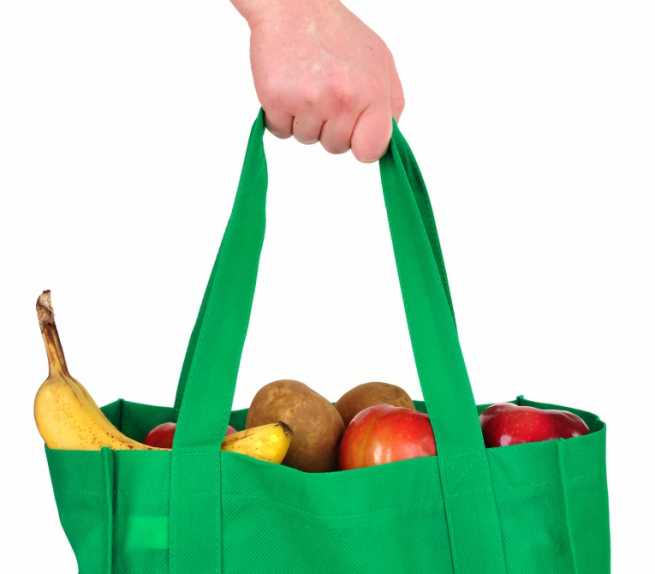'Bags for life' have been widely embraced by consumers, but they will only prove effective in the fight against climate change if they're reused as intended by manufacturers.
A study by the Environment Agency (EA) has found that commonly-used 'bags for life' need to be used four or more times in order to have a lower carbon footprint than single-use carrier bags. However, if a standard supermarket plastic bag was used three times, a cotton 'bag for life' would require almost 400 uses to tip the environmental balance in its favour.
The report, 'Life Cycle Assessment of Supermarket Carrier Bags', was undertaken by Intertek Expert Services as part of an overall study into the impact of retail and food packaging.
Based solely on resource use and production, single-use plastic carrier bags have the lowest carbon footprint, whereas heavyweight plastic 'bags for life' and cotton bags use more resources and energy, but the crucial issue is how often each kind of bag is reused.
Low-density polyethylene 'bags for life', offered by many supermarkets, need to be used four times in order to have a lower carbon footprint than a standard single-use plastic bag used once, whereas premium 'bags for life' - made from woven plastic - must be used 11 times to have a lower carbon impact than single-use bags.
An EA spokesperson said: ''A significant part of the environmental impact of these bags is associated with the resources used in their production. All multi-use bags need to be reused as much as possible to reduce their relative environmental impact and be responsibly recycled at the end of their life.''
''Plastic 'bags for life' only need to be used a few times to have a lower environmental impact than single-use carrier bags.''
The study also found that: reusing single-use plastic bags as bin liners provided greater benefits than recycling bags; starch-polyester blend bags have higher global warming potential; and cotton bags need to be reused at least 131 times to ensure that they have a lower global warming potential than conventional carrier bags that aren't reused.










